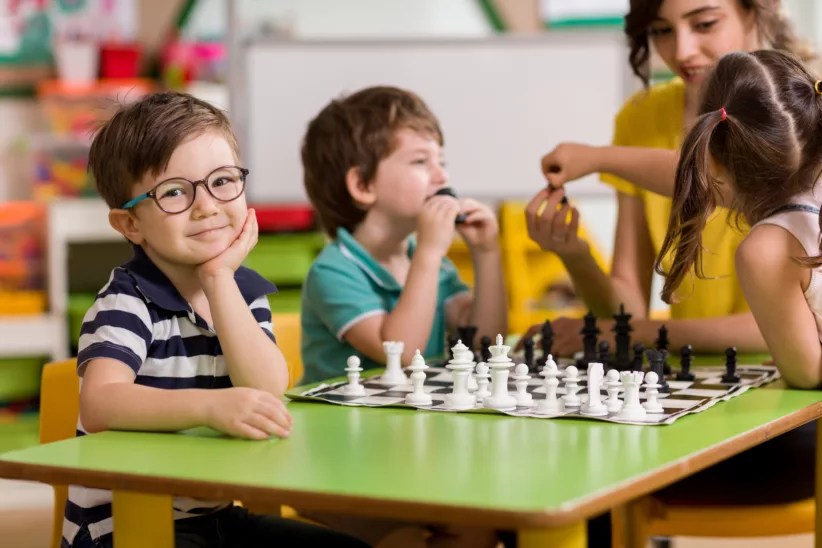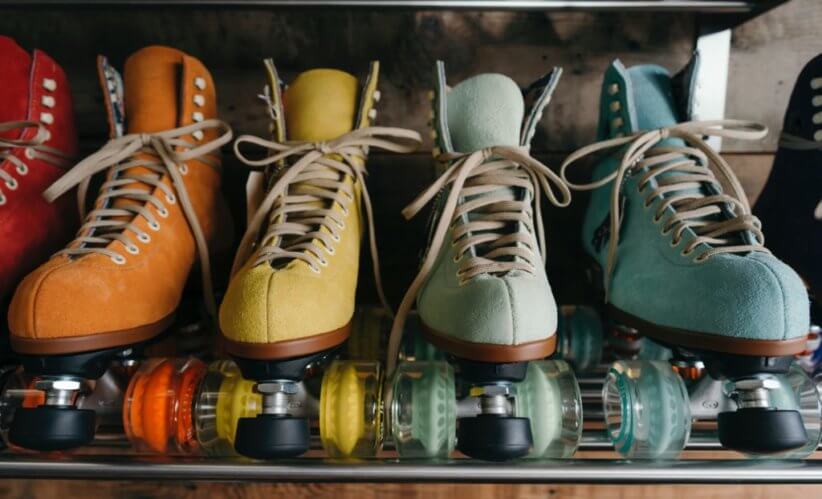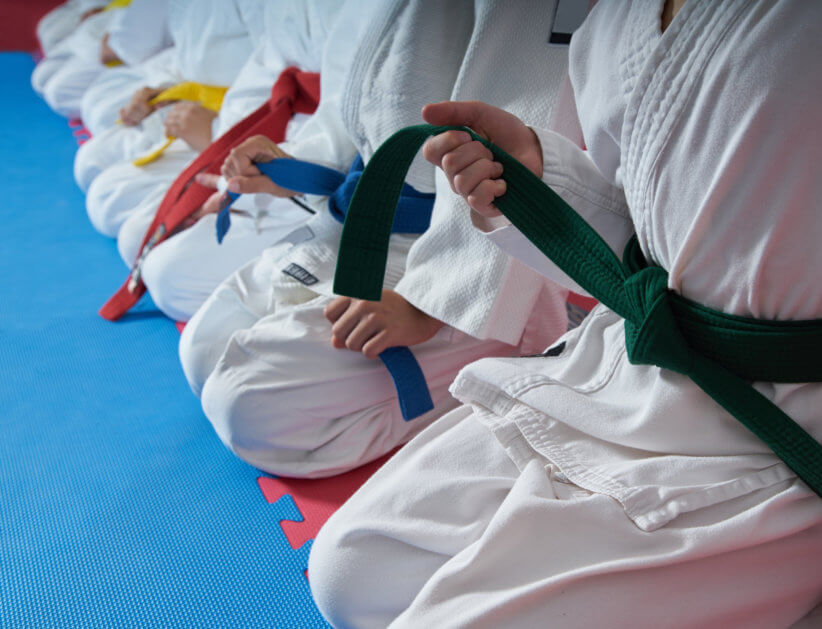
Ever greet your child after school and have this conversation play out?
Parent: “How was your day?”
Kid: “Fine.”
Parent: “Anything new?”
Kid “Nope.”
Parent: “Get any tests back?”
Kid: “Nope.”
In teaching social and emotional skills to kids ages 5 and up, young adults, and even adults, one thing always stands out in my mind: It’s simply assumed that kids “pick-up” good conversational skills along the way. And, at some point in time, they’re assumed to be mastered or referred to as “common sense.”
Yet, for one of the most critical skills for life success, there are often no lessons in the subject matter at any developmental stage. The closest “lesson” a child often gets is a chiding remark from a parent in a public setting or an awkward look or response from the party that they’re conversing with. All of which leads to insecurities and discomfort in socializing.
During socialsklz:-) workshops, we teach the nuts and bolts of conversational skills, just like there are lessons for art, tennis, soccer, and the SATs. We teach how to be a great conversationalist-namely, how to start, maintain and close a conversation in addition to how to be an effective listener.
I’ve taught these lessons to thousands of kids ages 5 and up, and I see first-hand in classrooms year after year that these skills are not only teachable, but that they’re self-confidence boosting, empowering, and fun for students to learn.
Before I start this particular lesson I always ask students: “How do you start a conversation?” I hear responses such as: “I like your shirt.” Or: “What’s your favorite color?” And, for the most part, I hear: “I’m not really sure.” I also love to role-play the setting for students after an introduction with a volunteer: “Hi, I’m Faye de Muyshondt!” I simply stand there, looking around, waiting, and as the silence ensues, I hear giggles throughout the classroom and I ask: “Have you ever gotten into that situation?” And the classroom always responds with an overwhelming “Yes!”
As parents and guardians it’s vital that equip our kids with good conversational skills. They’re the very essence of our ability to socialize, get the jobs we want, form friendships, relationships, and so on and so forth.
Here’s how to teach your child, without being perceived as a nag or a critic. First and foremost, be sure to actually teach the lesson, when things are calm and there isn’t pressure-perhaps over dinner or in transit somewhere. Rather than doing so after something went wrong, or bringing up anything from the past, do so proactively.
Start the conversation by sharing your own experience in life as far as conversations go-both good and bad and your own blunders in life. Share the moments when you were nervous, or didn’t know what to say. Then bring up the awkward questions you’ve been asked or accidentally asked others. Ask your child if they’ve been asked any of those. Then review the types of questions that you can ask anyone for example: “How was your day?” “Did you have a nice weekend?” “Are you enjoying the weather?” Explain that every day we encounter people and need to talk so always having three questions ready is imperative.
Next, how do you keep a conversation going? Ask your child to ask you those three questions and respond with one-word answers. Then ask your child to ask you those same questions again. Elaborate on the responses. Ask which one made you come across as more friendly and engaging.
Then, there’s the conversation game that you’re going to play. The rules are as follows: Whoever has the conversation ball (or stick) is doing the talking and he or she can only pass it off by asking a questions. The person who is asked the question must respond with more than one-word and share details. Before finishing the response he or she must also ask a question back in order to keep the conversation going. Challenge your child to a one-minute long conversation.
This is also a good time to review the non-verbal aspects of a conversation: eye contact, facial gestures, and body language. Model how a conversation can get awkward really quickly without any one of these for a chuckle! I always love to make the role playing here a bit more dramatic for effect! Explain that these are the vital pieces to not only talking, but to being a listener, which is just as important as talking.
Challenge your child to a two-minute conversation and then talk about how to end conversations. Ask your child if they’ve ever been in a position where the conversation comes to a screeching halt, the tension builds, and someone does something really awkward? Rather than finding an excuse or making something up, closing a conversation can be as simple as: “It was nice to talk to you.”
And there you have it! Conversationalsklz101 with Faye de Muyshondt, founder of NYC-based socialsklz:-)!
To learn more about socialsklz:-), visit socialsklz.com!
Faye de Muyshondt is the founder of socialsklz:-), and the author of the new book socialsklz:-) for Success, which Parents magazine described as “a cutting edge, must-read manual for raising polite and safe kids in the digital world.” She is also a contributor to New York Family, the “TODAY Show,” and NBC’s Parent Toolkit.





















